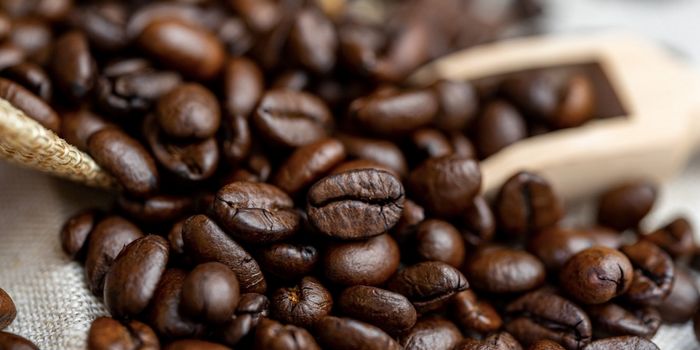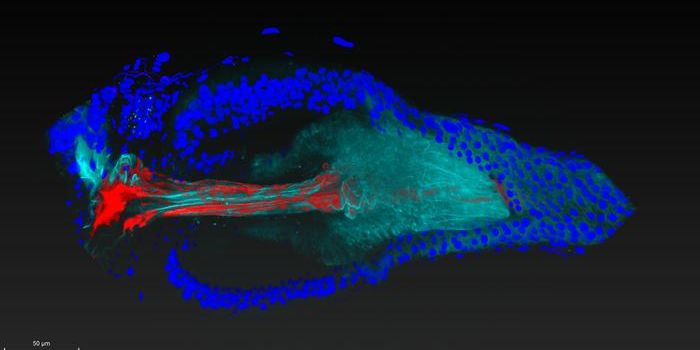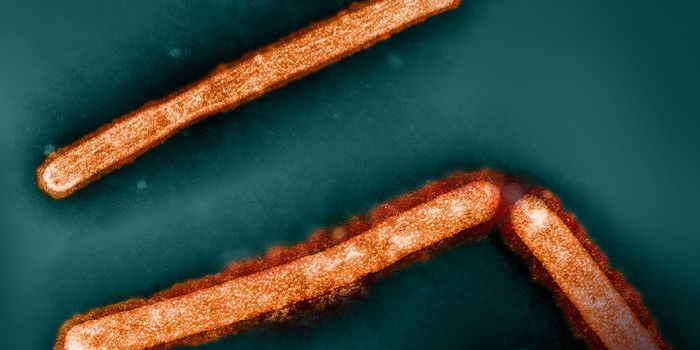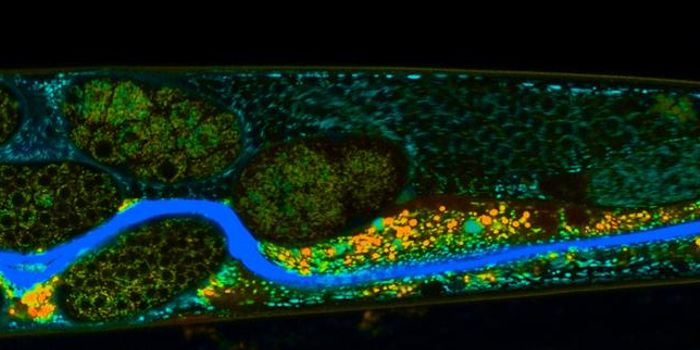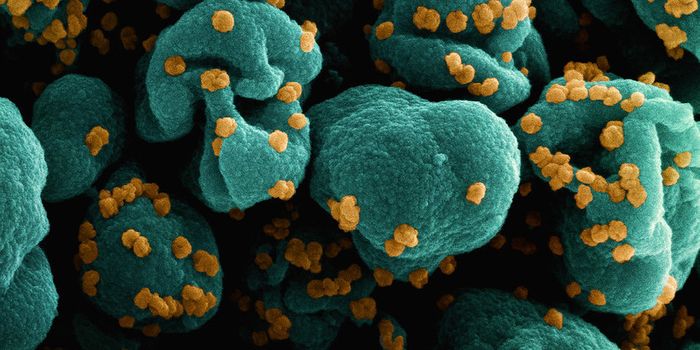An Antibiotic May be Able to Reduce Inflammatory Pain
The gastrointestinal tract is full of microbes, all with their own genomes and characteristics. Some of those microbes are harmless, or even essential to the biology of their host. Others may be dangerous or have that potential, depending on the state of the microbial community they live in - the microbiome. Research has linked the human gut microbiome to an astonishing number of aspects of our health, including diseases of the bowels but also migraine, anxiety, depression, and fibromyalgia.
Now evidence is building that the gut microbiome is connected to pain, and not just pain that occurs in the gut, but pain that is felt other places in the body. For example, the gut microbiome has been shown to be disrupted in people with spinal cord injury. Dysbiosis, or imbalances in the gut microbiome, can lead to a situation in which nasty microbes begin to dominate In patients with spinal cord injury there was dysbiosis, which also got worse as the injuries became more severe. A recent study has also found that the composition and diversity of species in the gut microbiome is associated with the pain that people experience after an operation.
A new report published in The Journal of Pain has determined that there is a connection between antibiotic use and a reduction in inflammatory pain. This work used a mouse model in which a chemical called formalin was used to induce inflammation. Mice that are treated in this way tend to run less on a running wheel because of that pain. The researchers treated the inflamed mice were treated with an antibiotic called vancomycin for two weeks. The scientists found that the antibiotics relieved the behaviors associated with the pain caused by formalin.
After the antibiotic was administered, the researchers determined that there was a reduction in two types of gut bacteria: Firmicutes and Bacteroidetes species. Other types of gut microbes, Lactobacillus and Clostridiales species, were less affected by the antibiotic; their levels remained more stable. There was also a significant change in the levels of various amino acids in the gut. The levels of arginine, alanine, glycine, leucine, proline, and valine all increased, while the levels of tyrosine and methionine decreased.
The study authors suggested that vancomycin could have therapeutic potential for pain that's associated with inflammation. More research will be needed, but vancomycin is already approved, so hopefully this idea can be tested in trials.
Sources: University of New England, The Journal of Pain


